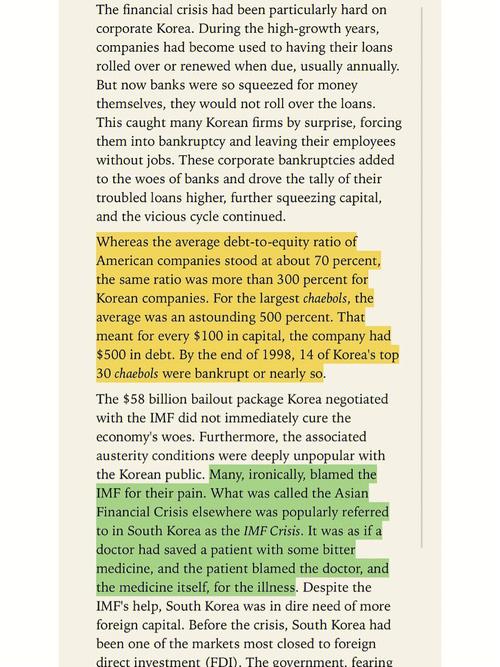
Games with Closed Money Systems: A Comprehensive Overview
Have you ever wondered what it’s like to play a game where the currency is strictly controlled and managed? Games with closed money systems offer a unique and intriguing experience, where the value of in-game currency is determined by the game’s internal economy. In this article, we’ll delve into the various aspects of games with closed money systems, exploring their mechanics, benefits, and challenges.
Understanding Closed Money Systems
A closed money system is a type of economic model used in games where the in-game currency cannot be exchanged for real-world money. This means that players can only earn or purchase in-game currency within the game itself. Unlike open money systems, where players can buy or sell in-game currency for real money, closed money systems aim to create a more controlled and balanced gaming experience.
One of the key features of closed money systems is the scarcity of in-game currency. This scarcity is often achieved by limiting the ways in which players can earn currency, such as completing quests, defeating enemies, or participating in events. By making currency scarce, developers can encourage players to invest time and effort into the game, fostering a sense of achievement and progression.
Benefits of Closed Money Systems
There are several benefits to using closed money systems in games:
-
Encourages Player Investment: By making in-game currency difficult to obtain, players are more likely to invest time and effort into the game, leading to a more engaged and dedicated player base.
-
Prevents Real-World Money Influence: Closed money systems help prevent real-world money from influencing the game’s economy, ensuring that all players have an equal opportunity to succeed.

-
Enhances Game Balance: By controlling the supply of in-game currency, developers can maintain a balanced and fair game environment, where players are not able to gain an unfair advantage through real-world spending.
Challenges of Closed Money Systems
While closed money systems offer numerous benefits, they also come with their own set of challenges:
-
Player Frustration: Some players may become frustrated with the difficulty of obtaining in-game currency, leading to a negative experience and potentially causing them to leave the game.
-
Monetization Concerns: Developers must carefully balance the need to generate revenue with the desire to keep the game enjoyable and accessible to all players.
-
Marketplace Manipulation: In some cases, players may attempt to manipulate the game’s economy by selling or trading in-game items for real money, which can lead to an imbalance and unfair advantages.
Examples of Games with Closed Money Systems
Several popular games have implemented closed money systems, each with its own unique approach:
| Game | Platform | Money System |
|---|---|---|
| World of Warcraft | PC, Mac, Console | Gold Currency |
| Fortnite | PC, Console, Mobile | Fortnite Points |
| Apex Legends | PC, Console, Mobile | Apex Coins |
World of Warcraft, for example, uses a gold currency system that players can earn by completing quests, selling items, or participating in events. Fortnite and Apex Legends, on the other hand, use their own in-game currencies, which players can earn by playing the game or purchasing them with real money.
Conclusion
Games with closed money systems offer a unique and engaging gaming experience, with their own set of benefits and challenges. While these systems can encourage player investment and maintain game balance, they also require careful management to ensure a fair and enjoyable experience for all players. As the gaming industry continues to evolve, it will be interesting to see how developers and players adapt to the ever-changing landscape of in-game economies.






